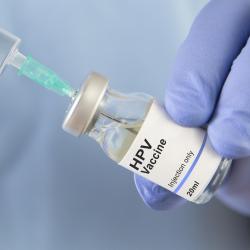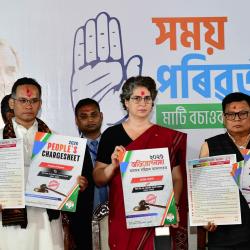Diets rich in ultra-processed foods have long been associated with a myriad of health problems, including cardiovascular disease, cognitive decline, and even premature death. However, the vast category of ultra-processed foods encompasses a wide range of products, from seemingly benign options like whole-grain bread and plant-based milk to more obvious culprits like hot dogs and sugary sodas.
A recent groundbreaking study led by researchers from Harvard T.H. Chan School of Public Health has shed new light on the specific types of ultra-processed foods that pose the greatest risk to heart health. This comprehensive study, published in The Lancet Regional Health-Americas, analyzed data from over 200,000 adults over a 30-year period, combining it with findings from 19 other studies for a total of approximately 1.25 million participants.
The researchers discovered a clear association between high consumption of ultra-processed foods overall and an increased risk of developing cardiovascular disease, coronary heart disease, and stroke. However, when they delved deeper into specific categories of ultra-processed foods, they identified two primary culprits: sugar-sweetened drinks and processed meats.
On the other hand, three categories of ultra-processed foods were found to be associated with a reduced risk of heart disease: cold cereals, yogurt and ice cream, and savory snacks. The researchers suggest that the nutritional composition of these foods may play a role, with those containing valuable nutrients like fiber potentially offering some protection.
Key Takeaways:
- Sugar-sweetened drinks and processed meats are the most harmful ultra-processed foods for heart health.
- Cold cereals, yogurt and ice cream, and savory snacks may have a protective effect on heart health.
- Reducing or eliminating consumption of processed meats and sugary drinks is a crucial step for improving heart health.
Beyond the Study:
While this study provides valuable insights into the specific ultra-processed foods that pose the greatest risk to heart health, it's important to remember that overall dietary patterns are crucial. A balanced diet rich in whole, unprocessed foods, fruits, vegetables, and lean proteins is essential for maintaining optimal cardiovascular health.
In conclusion, the evidence is clear: ultra-processed foods, especially sugary drinks and processed meats, can significantly increase the risk of heart disease. By making informed choices and limiting your consumption of these harmful products, you can take a proactive step towards protecting your heart health and improving your overall well-being.
Additional Considerations:
When it comes to dietary and lifestyle guidelines, it's important to prioritize the most impactful recommendations. Based on my experience and insights from leading experts, here are the most crucial steps to take for optimal health:
- Avoid toxic foods: This includes tobacco, hydrogenated oils, and highly processed meats.
- Limit sugary and processed beverages: Opt for water, unsweetened tea, or black coffee instead.
- Prioritize whole, unprocessed foods: Focus on fruits, vegetables, and whole grains.
- Practice intermittent fasting: Consider incorporating intermittent fasting into your routine.
- Engage in regular physical activity: Aim for at least 10,000 steps per day.
- Reduce or eliminate dairy and eggs: These can be inflammatory for some individuals.
- Limit refined sugar and oil: Opt for healthier alternatives like honey and olive oil.
While these are the most critical steps, other factors like avoiding excessive refined sugar and oil, limiting seafood consumption, and choosing organic produce can also contribute to overall health. Remember, the key is to focus on the most impactful changes and avoid getting overwhelmed by minor details
- 344843 reads










Add new comment